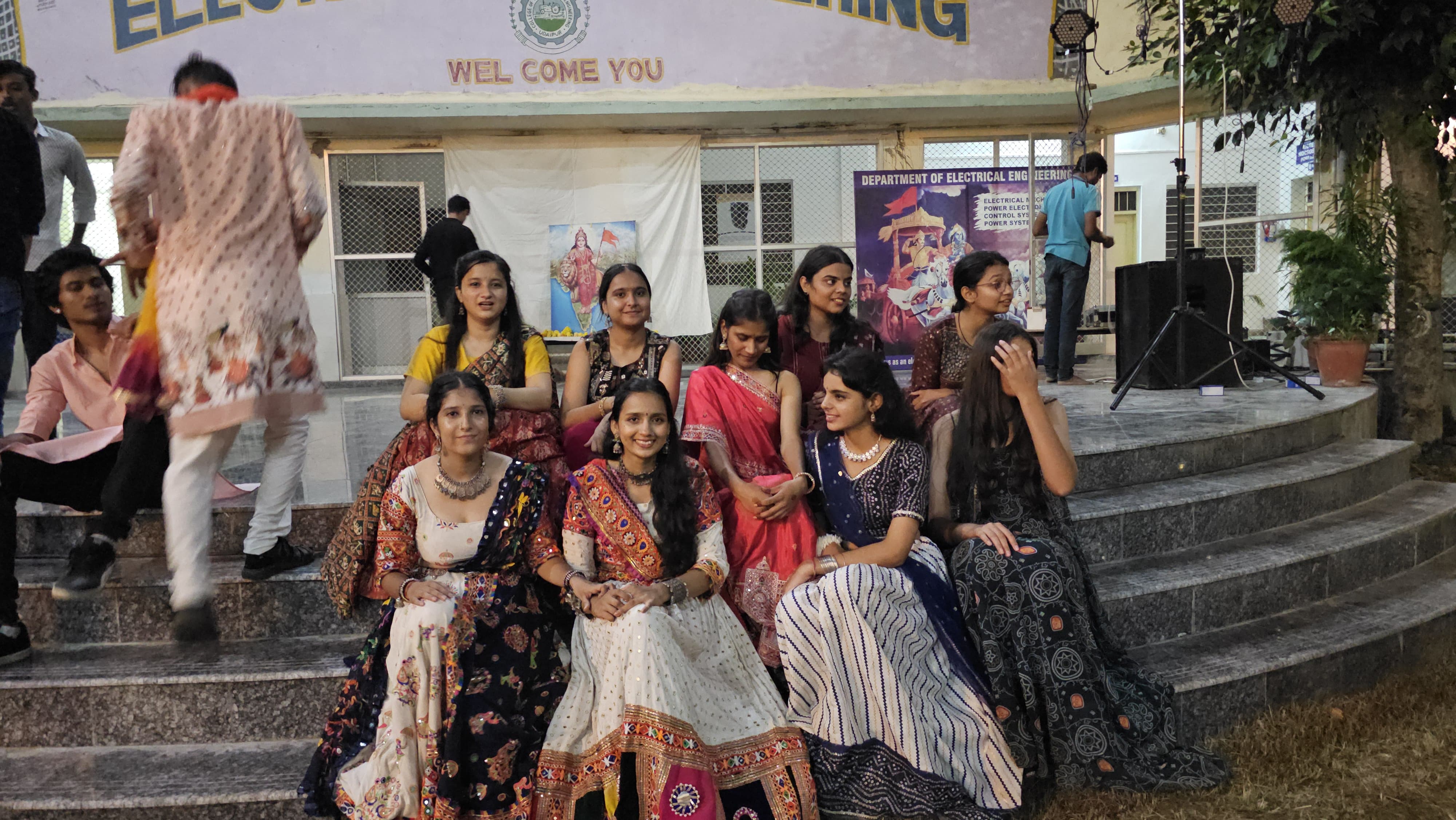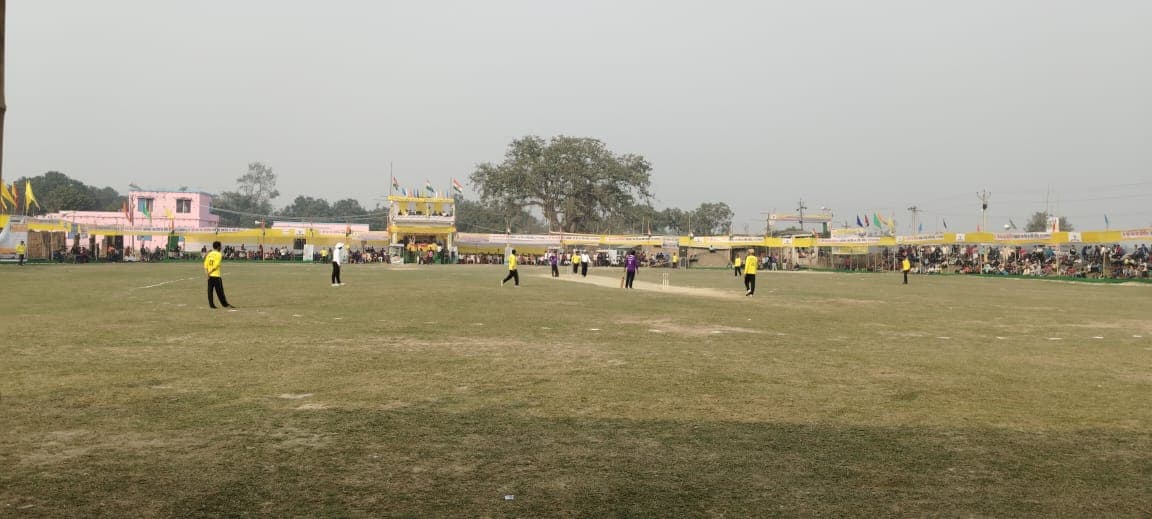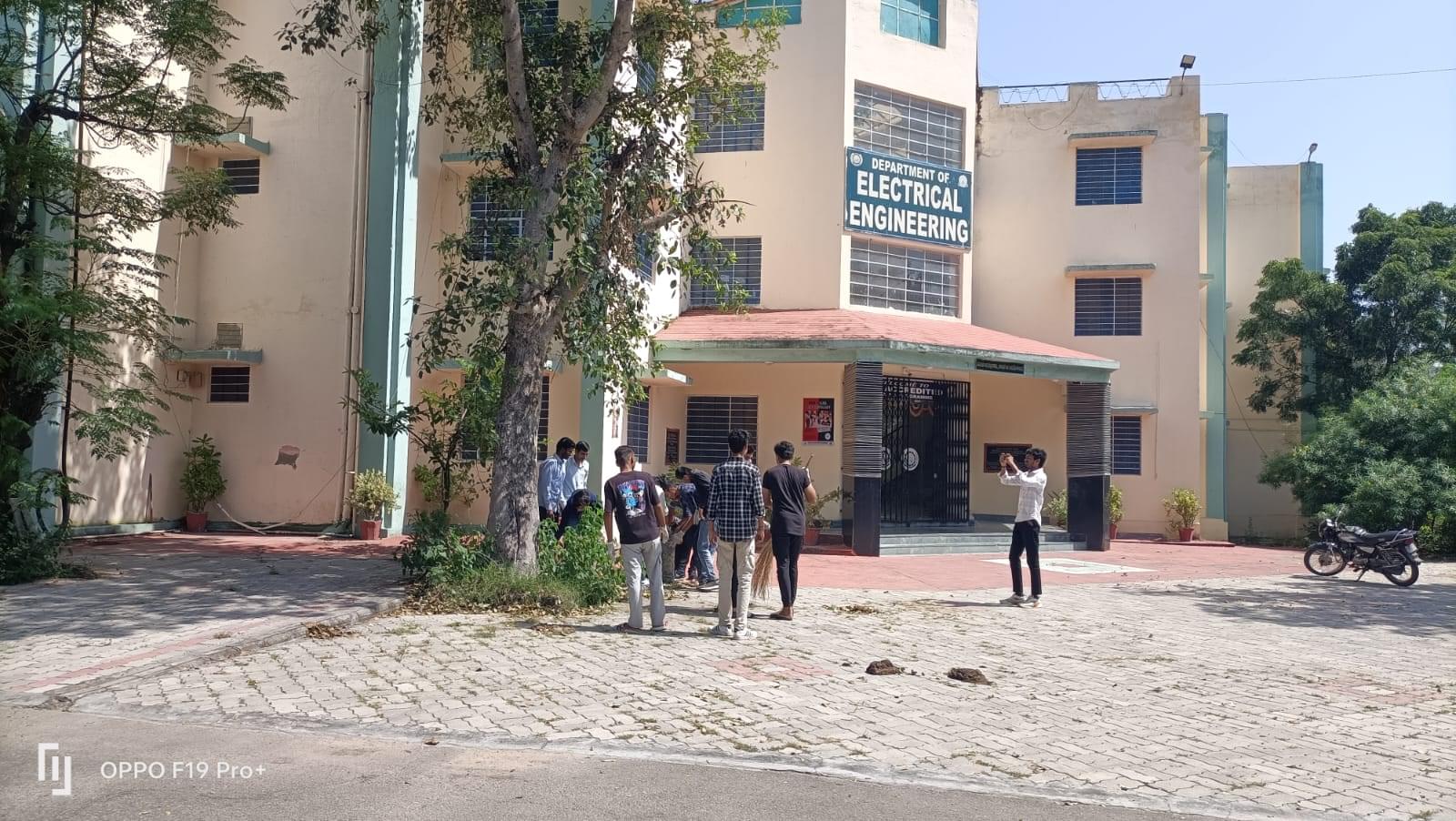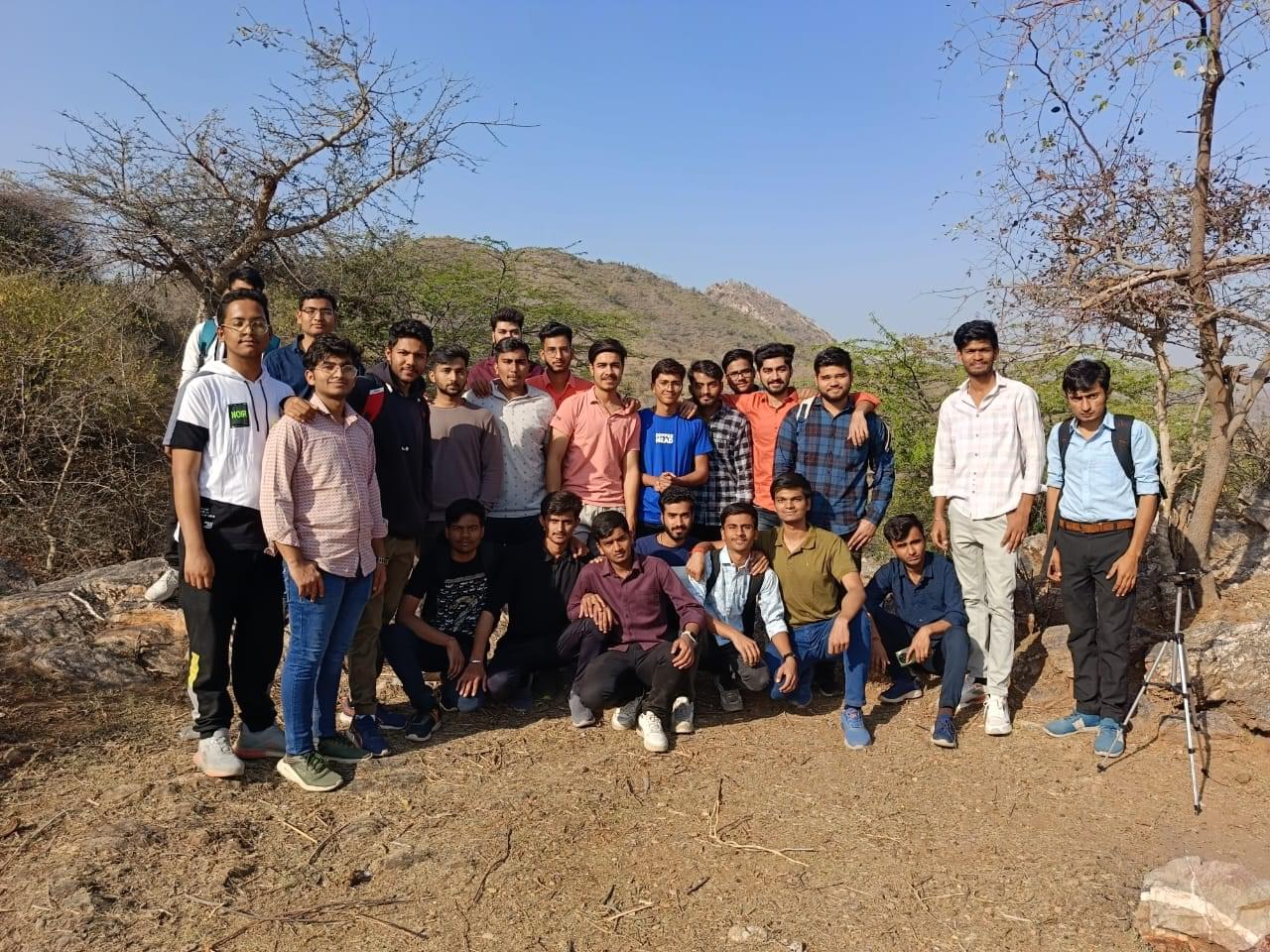The admission process for the course requires candidates to take the JEE Mains exam, after which they must apply through the REAP system with their 12th-grade marks and JEE Main scores. Admissions are merit-based, with three rounds of selection, including a spot round, and 85% of seats reserved for Rajasthan students. The faculty comprises 5 permanent members and 8-10 guest lecturers, maintaining a 6:40 faculty-student ratio. While faculty help with placements and are generally knowledgeable, they are not always approachable, and guest lecturers' teaching styles are not preferred.
The course is conducted over 8 semesters, with exams of varying difficulty and a strict 75% attendance requirement. The fee structure includes a semester fee of 35,000 rupees, a 10,000 rupee development fee, and a 5,000 rupee library fee. Hostel fees range between 20,000 and 28,000 rupees per year, with mess charges of 2,300 rupees monthly. Students should allocate an additional 2,000 rupees for monthly expenses. Placement opportunities are moderate, with 50-60% of students securing jobs from companies like Vedanta, Wipro, and Hindustan Zinc, offering packages between 4 and 5 lakhs per annum.
The highest package of 25 lakh rupees was offered by JP Morgan. Internships for third-year students offer stipends of 8k to 10k rupees per month. Scholarships are available, especially for agriculture and mining branches, with government support for economically weaker students. Tuition fees for the first year total 80,950 rupees and approximately 72,000 rupees for subsequent years. TFWS seats reduce fees to 25,000 rupees annually. Hostel charges are 25,000 rupees per year, with a 5,000-rupee security deposit and 2,600 rupees monthly mess fees.
Scholarships require students to pass all subjects, and financial aid is available for those meeting the criteria.

![College of Technology and Engineering, Maharana Pratap University of Agriculture and Technology - [CTAE]](https://image-static.collegedunia.com/public/college_data/images/logos/1394615272College of Technology and Engineering.JPG?h=71.7&w=71.7&mode=stretch)











.png?h=78&w=78&mode=stretch)


![Sir Padampat Singhania University - [SPSU]](https://image-static.collegedunia.com/public/college_data/images/appImage/25847_SPSU_NEW.jpg?h=111.44&w=263&mode=stretch)

![Techno NJR Institute of Technology - [TINJRIT]](https://image-static.collegedunia.com/public/college_data/images/appImage/1495607827cvr.png?h=111.44&w=263&mode=stretch)

![Aravali Institute of Technical Studies - [AITS]](https://image-static.collegedunia.com/public/college_data/images/appImage/12863_AITS_New.jpg?h=111.44&w=263&mode=stretch)



![Maharana Pratap University of Agriculture and Technology - [MPUAT]](https://image-static.collegedunia.com/public/college_data/images/appImage/25824_pratap_ne.jpg?h=111.44&w=263&mode=stretch)
.png?h=42.55&w=42.98&mode=stretch)
![Geetanjali Institute of Technical Studies - [GITS]](https://image-static.collegedunia.com/public/college_data/images/appImage/13547_gits_new.jpg?h=111.44&w=263&mode=stretch)











![Maharana Pratap University of Agriculture and Technology - [MPUAT]](https://image-static.collegedunia.com/public/college_data/images/logos/1394438723Maharana Pratap University of Agricultural and Technology (MPUAT).png?h=72&w=72&mode=stretch)
.png?h=72&w=72&mode=stretch)





![Techno NJR Institute of Technology - [TINJRIT]](https://image-static.collegedunia.com/public/college_data/images/logos/1715248051TechnoNJRlogo.jpg?h=72&w=72&mode=stretch)
![Swami Keshvanand Institute of Technology, Management and Gramothan - [SKIT]](https://image-static.collegedunia.com/public/college_data/images/logos/1414559341skit_logo1.jpg?h=72&w=72&mode=stretch)
![Dr Radhakrishnan Institute of Technology - [DRIT]](https://image-static.collegedunia.com/public/college_data/images/logos/1473767578image.jpg?h=72&w=72&mode=stretch)
![Jodhpur Institute of Engineering and Technology - [JIET]](https://image-static.collegedunia.com/public/college_data/images/logos/1740471752JIETLOGO.jpeg?h=72&w=72&mode=stretch)
![Government Engineering college - [GEC]](https://image-static.collegedunia.com/public/college_data/images/logos/1585569390download.jpg?h=72&w=72&mode=stretch)
![MBM Engineering College - [MBM]](https://image-static.collegedunia.com/public/college_data/images/logos/139471109414122.JPG?h=72&w=72&mode=stretch)

![Arya College of Engineering and IT - [ACEIT]](https://image-static.collegedunia.com/public/college_data/images/logos/1493718030logfv.jpg?h=72&w=72&mode=stretch)


![Geetanjali Institute of Technical Studies - [GITS]](https://image-static.collegedunia.com/public/college_data/images/logos/col29492.png?h=72&w=72&mode=stretch)
![Bikaner Technical University - [BTU]](https://image-static.collegedunia.com/public/college_data/images/logos/1552461538logo.png?h=72&w=72&mode=stretch)
![JaganNath Gupta Institute of Engineering & Technology - [JNIT]](https://image-static.collegedunia.com/public/college_data/images/logos/14737604531.jpg?h=72&w=72&mode=stretch)

Comments